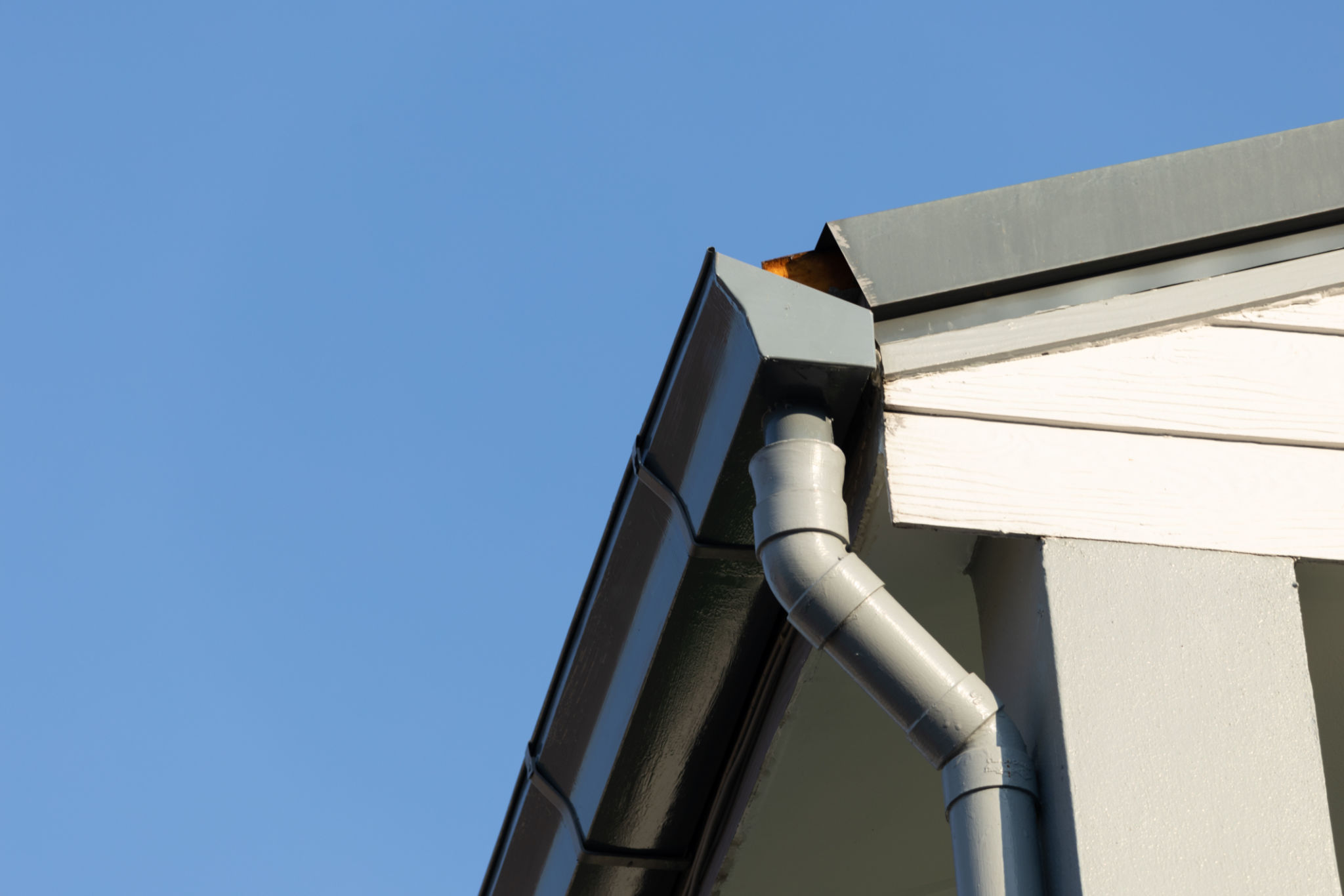Preparing Your Home for Typhoon Season: Essential Construction Tips
Understanding the Importance of Typhoon Preparedness
As typhoon season approaches, safeguarding your home becomes a top priority. Each year, these powerful storms can cause significant damage to infrastructure and homes. Preparing your property in advance can help mitigate the risks and ensure the safety of your family.
While the unpredictability of typhoons poses a challenge, taking proactive steps in construction and home maintenance can make a substantial difference. From reinforcing windows to securing loose items around your property, every measure counts when confronting nature’s fury.

Reinforcing Windows and Doors
Windows and doors are particularly vulnerable during high winds. Ensuring they are secure is crucial. Consider installing storm shutters, as they provide an extra layer of protection against flying debris. If shutters are not an option, plywood can serve as a temporary protective measure.
Additionally, assess the condition of your doors and windows. Reinforce with durable locks and ensure that frames are in good condition. For sliding doors, install additional security bars or pins to prevent them from being forced open by strong winds.
Choosing Impact-Resistant Glass
If you're planning renovations or new installations, consider impact-resistant glass. This type of glass is designed to withstand high winds and flying debris, reducing the risk of breakage. Though more expensive than standard glass, it offers significant peace of mind during stormy seasons.

Securing Your Roof
Your roof is your primary defense against rain and wind. Regular inspections can identify potential vulnerabilities such as loose shingles or tiles. Repairing these issues before the typhoon season can prevent leaks and water damage.
Consider installing hurricane straps if you live in an area prone to severe storms. These straps secure the roof to the walls of your home, providing additional stability during high winds.
Maintaining Gutters and Downspouts
Ensure that gutters and downspouts are free of debris, allowing rainwater to flow freely away from your home. Blockages can lead to water pooling on the roof, increasing the risk of leaks and structural damage.

Protecting Outdoor Areas
Outdoor furniture and other items can become hazardous projectiles during a typhoon. Secure or store these items indoors to prevent damage to your property or neighboring homes. Anchor larger structures like sheds or playsets to the ground to avoid them being uprooted by strong winds.
Trim trees and remove dead branches around your property. Falling trees are one of the leading causes of damage during storms, so keeping them well-maintained minimizes this risk.
Preparing an Emergency Kit
No matter how well-prepared your home is, having an emergency kit is essential. It should include basics such as non-perishable food, water, medications, flashlights, and batteries. Additionally, have a plan in place for evacuation if necessary.
Ensure that all family members are familiar with emergency procedures and know how to quickly access essential supplies. Regular drills can help everyone remain calm and efficient in the event of a real emergency.

Final Thoughts on Typhoon Preparation
Preparing your home for typhoon season involves a combination of structural reinforcements and practical planning. By taking these steps, you not only protect your property but also ensure the safety and well-being of your loved ones.
Stay informed about weather updates and heed any warnings from local authorities. With vigilance and preparation, you can face the typhoon season with greater confidence and security.
